MAcc Growth
Posted on January 20, 2023 by MCOB
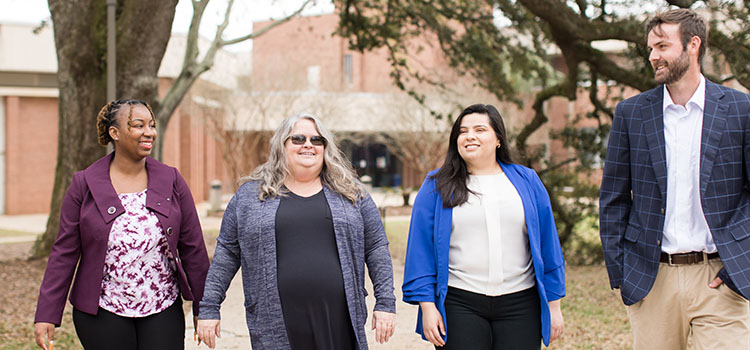
When the Mitchell College of Business moved a struggling master’s degree program online, enrollment soared. Now the program is thriving. As with most success stories, the turnaround was more complex than it seems on the surface.
Moving the Master of Accounting (MAcc) program online in 2018 didn’t magically rejuvenate it to where it is today, with some 40 students enrolled from across the country and beyond. The faculty also had to radically rethink how it taught.
“A lot of universities that were forced to pivot to online during the pandemic have learned how hard that is,” said Dr. Amelia Annette Baldwin, professor of accounting and director of the MAcc program.
“The teaching is very different. It takes different skills and different preparation for online teaching to do it well. We’ve been committed to that.”
The MAcc program generally attracts accountants who want to enhance their skills and advance their careers. Elizabeth Rivera Vega fits into that category. She’s an accountant at the University of South Alabama College of Nursing. “I just thought it would be beneficial,” she said, “not just to myself but also to help me serve in my current position here at the college.”
Others with degrees in other fields use the MAcc program as a vehicle to switch to accounting. They need nine prerequisite courses, but those with business degrees have probably already taken at least some of them.
Completing the program also makes most students eligible to sit for the certified public accountant exam in Alabama.
Full-time students can zip through the curriculum in a year. Most MAcc enrollees work, so finishing in two years (or more) is common.
Baldwin said there’s no “typical” student. Some are employed in Mobile or elsewhere in Alabama, in business or government. Others are scattered across the country. One works for a lumber company in Canada. Some are military veterans. At least one is on active duty with the Air Force. About two-thirds are female. About a third are members of underrepresented minority groups. Ages range from 20s to 50s.
Dyamyn Johnson-Fielder lives in Mobile and works in the accounting department of The Mitchell Company, a local real estate developer and manager. Obviously, she could attend in-person classes at South. She prefers online learning.
She plans to get a doctorate and eventually teach accounting at the college level. So she’s using her MAcc courses to pick up ideas for instructional techniques. She likes one professor’s old-school requirement that homework must be handwritten.
“Even if you’re answering questions right from the book,” Johnson-Fielder said, “when you have to handwrite your answers, you’re processing at least some of it.”
Students stay on pace with course schedules by completing assignments by certain deadlines. Some professors record video lectures, often speaking over PowerPoint presentations. Others assign tasks from textbooks or other sources. Sometimes, students work together on group projects.
“We used to teach these courses at night, one night a week, three hours straight,” Baldwin said. “Doing the same thing online is just not going to happen. Our lives aren’t like that. And learning isn’t best like that.
“So you have to deliver the material in many more pieces that are small and encapsulated and focused. Then you have to provide in between those pieces ways for them to practice or to interact with one another on a topic.”
Students can get help from their peers through online discussion groups. Professors are available for questions or clarifications almost anytime.
“The professors are an email away,” said Rivera. “And if you need to meet through Zoom, you can do that too.”
Both she and Johnson-Fielder said they missed the personal touch of in-room classes but loved the convenience of fitting the courses to their schedules.
“You still get the same education as if you were in person,” Rivera said. “Some things are a bit different, but as far as what you learn, it’s still there.”
-
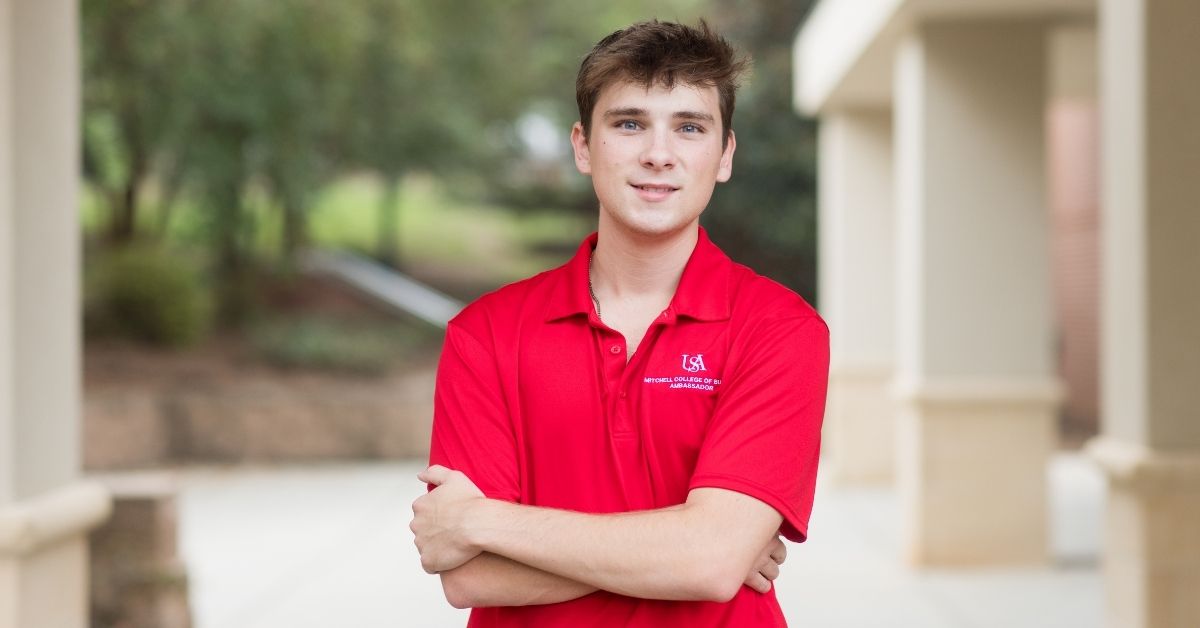
Supply Chain Major Clayton Howell Claims Alabama State Title in Microsoft Excel
The Mitchell College of Business is proud to recognize Clayton Howell,...
February 19, 2026 -
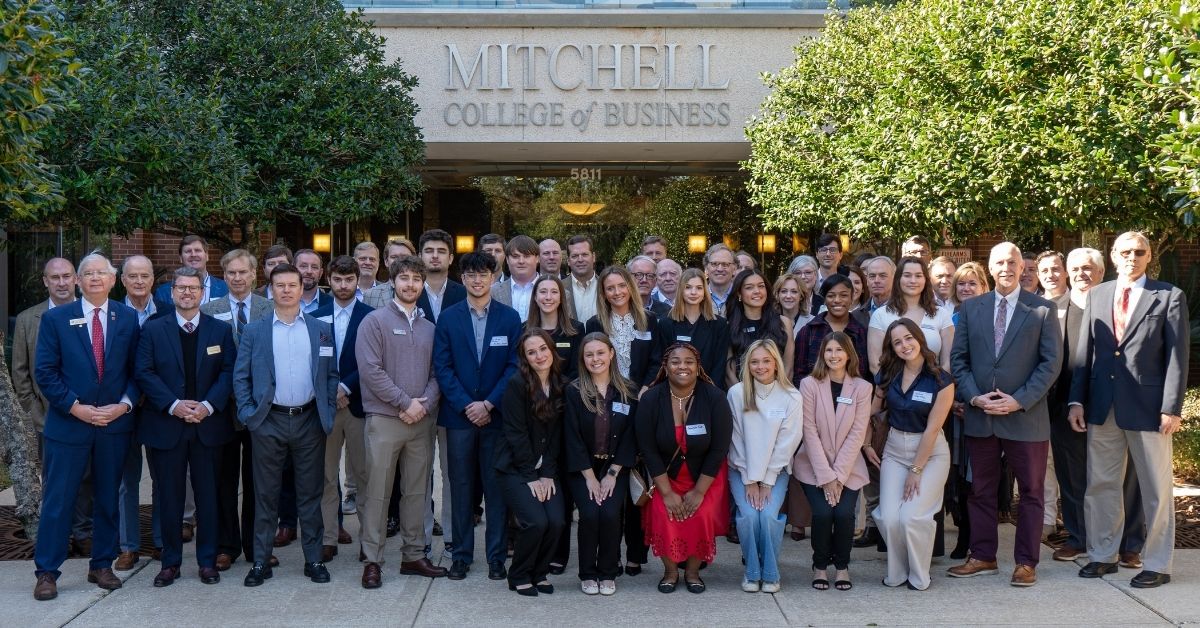
Foundation for the Future: Industry Leaders Invest in Mitchell College Real Estate Program
A new era of the Mitchell College of Business real estate program bega...
February 2, 2026 -
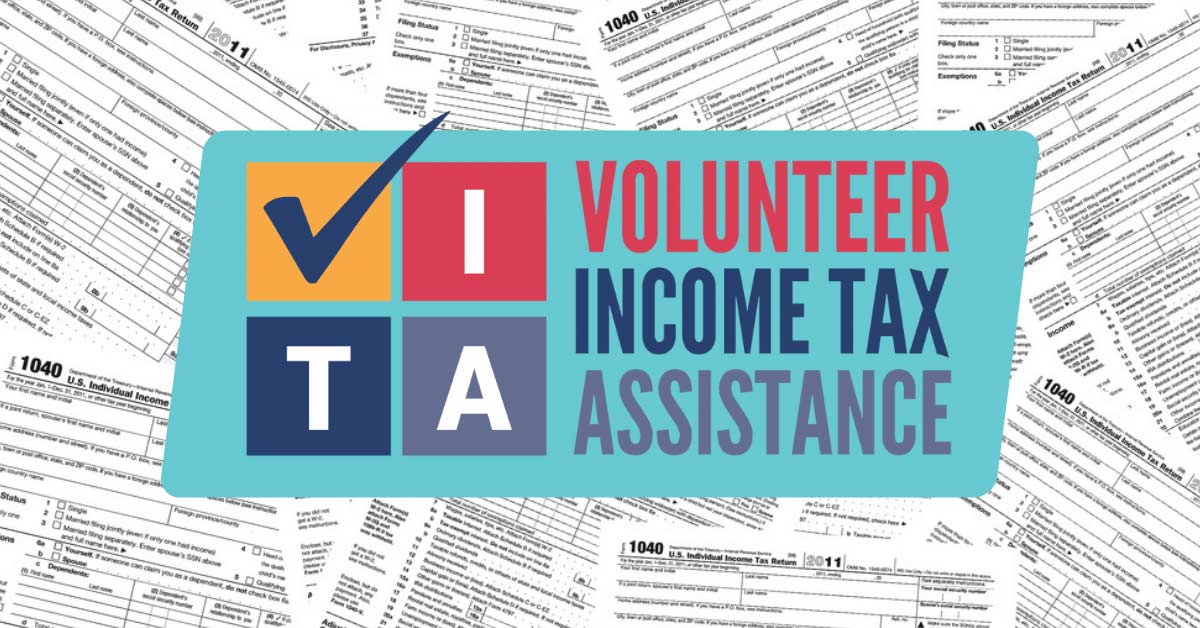
Accounting Students Offer Free Income Tax Prep
Accounting Students in the Mitchell College of Business will be prepar...
January 29, 2026 -
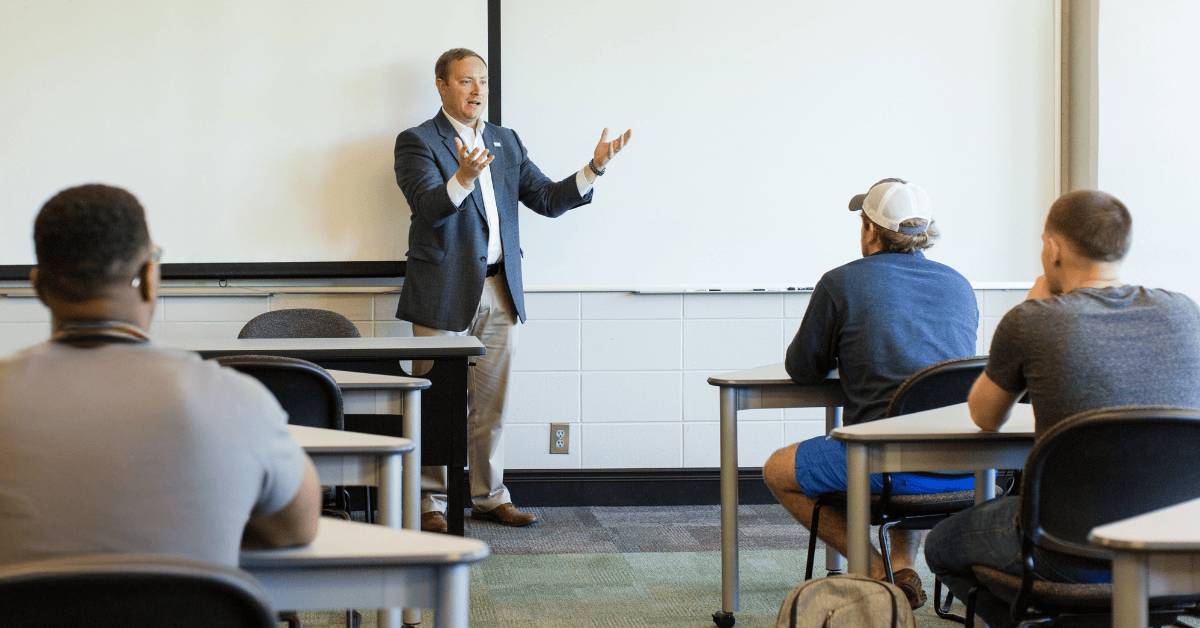
Dr. Mickey Smith Receives Sam and Bonnie Rechter Research Grant
Dr. Mickey Smith, Associate Professor of Management for the Mitchell C...
January 8, 2026
